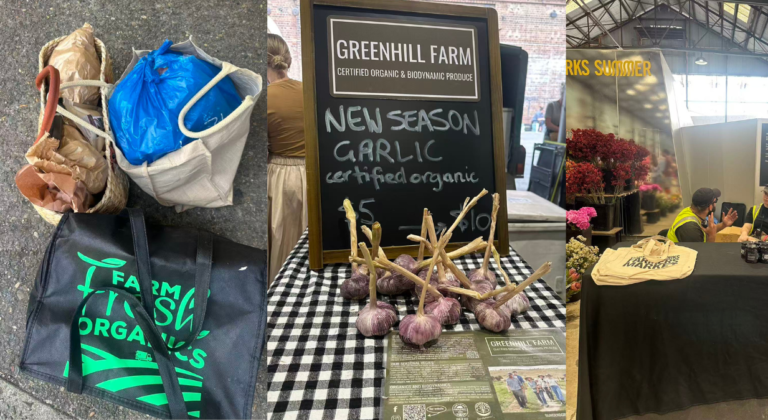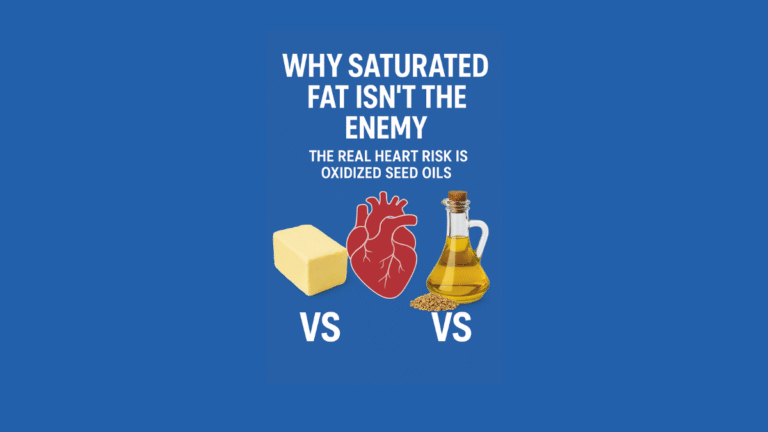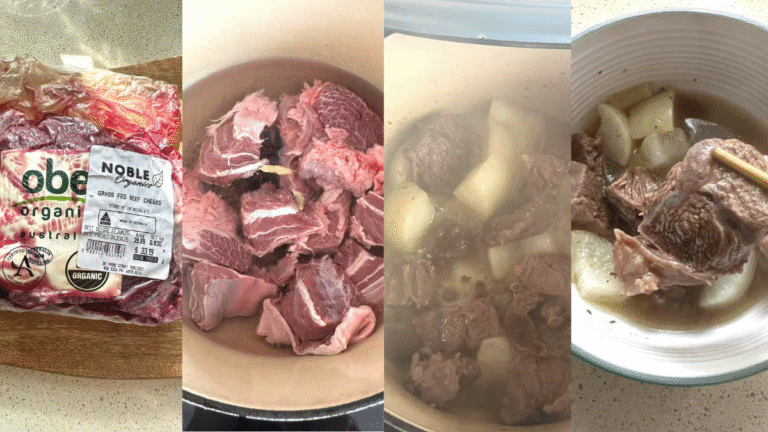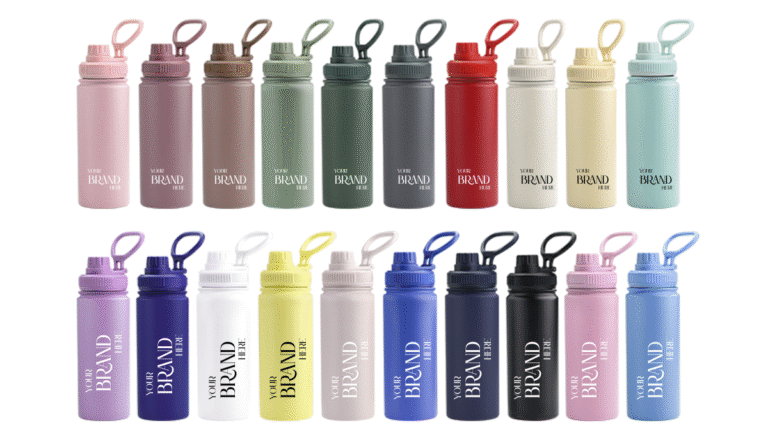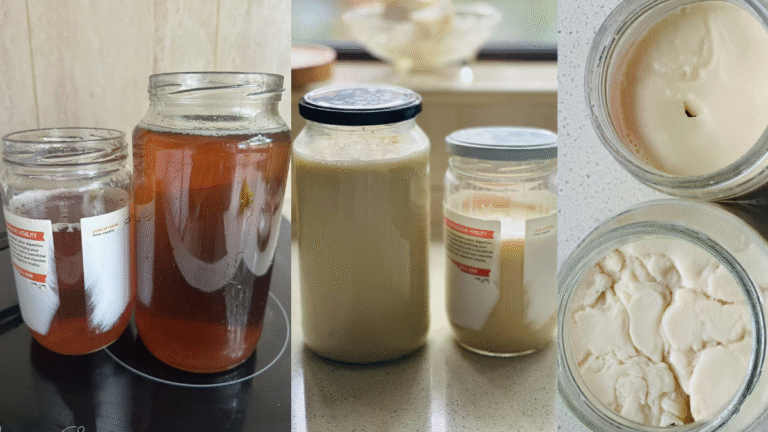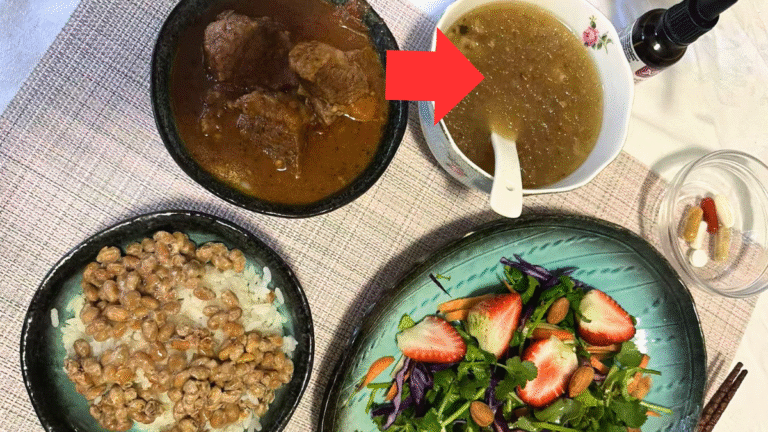Why You Shouldn’t Recycle Your Receipts
The hidden toxins in everyday paper that you need to know about.
At first glance, a shopping receipt seems harmless — just a little piece of paper, right? But if you’ve ever wondered which bin your receipt belongs in, the answer might surprise you.
Receipts should go in the red (general waste) bin — not the yellow recycling bin.
Here’s why.
🧪 The Problem with Receipts: BPA & Thermal Paper
Most shop and supermarket receipts are printed on thermal paper, which doesn’t use ink. Instead, heat is applied to the paper, which has been coated with a chemical that changes color when heated.
This chemical is often Bisphenol A (BPA) or Bisphenol S (BPS) — both of which are known as endocrine disruptors. That means they can interfere with the body’s hormone system, even in small amounts.
BPA has been linked to:
- Hormone imbalance
- Fertility issues
- Increased risk of some cancers
- Developmental issues in children
- Metabolic disorders and more
And it’s not just a concern when ingested — BPA can be absorbed through the skin, so handling receipts frequently (like cashiers do) poses an even greater risk.
♻️ Why You Can’t Recycle Receipts
Because BPA and BPS are toxic, they can’t be safely recycled. Putting thermal receipts in your recycling bin contaminates the paper recycling stream, potentially spreading those chemicals into new paper products — including napkins and toilet paper.
So instead of doing good, recycling receipts actually does more harm.
The safest and most responsible option?
Put your receipts in the red bin with general waste.
🌱 What You Can Do
The good news is, this is a simple change. Here are 3 things you can start doing today:
- Say no to printed receipts when possible
Most stores offer digital receipts now — simply ask. - Handle receipts as little as possible
Especially avoid giving them to young children. - Share the knowledge
Not many people know about this issue — even local councils and waste educators sometimes miss it!
🌍 Small Steps, Big Impact
Every decision we make — even as small as what bin we use — affects the bigger picture. By reducing your exposure to chemicals like BPA and helping others understand the risks, you’re contributing to a safer, healthier future for all of us.
At AdoreEco, we’re all about low-tox living and conscious choices. Whether it’s choosing non-toxic, sustainable drink bottles or saying no to hidden chemicals, every mindful action counts.
Because caring for your health and caring for the planet go hand in hand.
LowToxLife #SustainableLiving #BPAFree #WasteEducation #EcoTips #Receipts #RecyclingRight #AdoreEco

